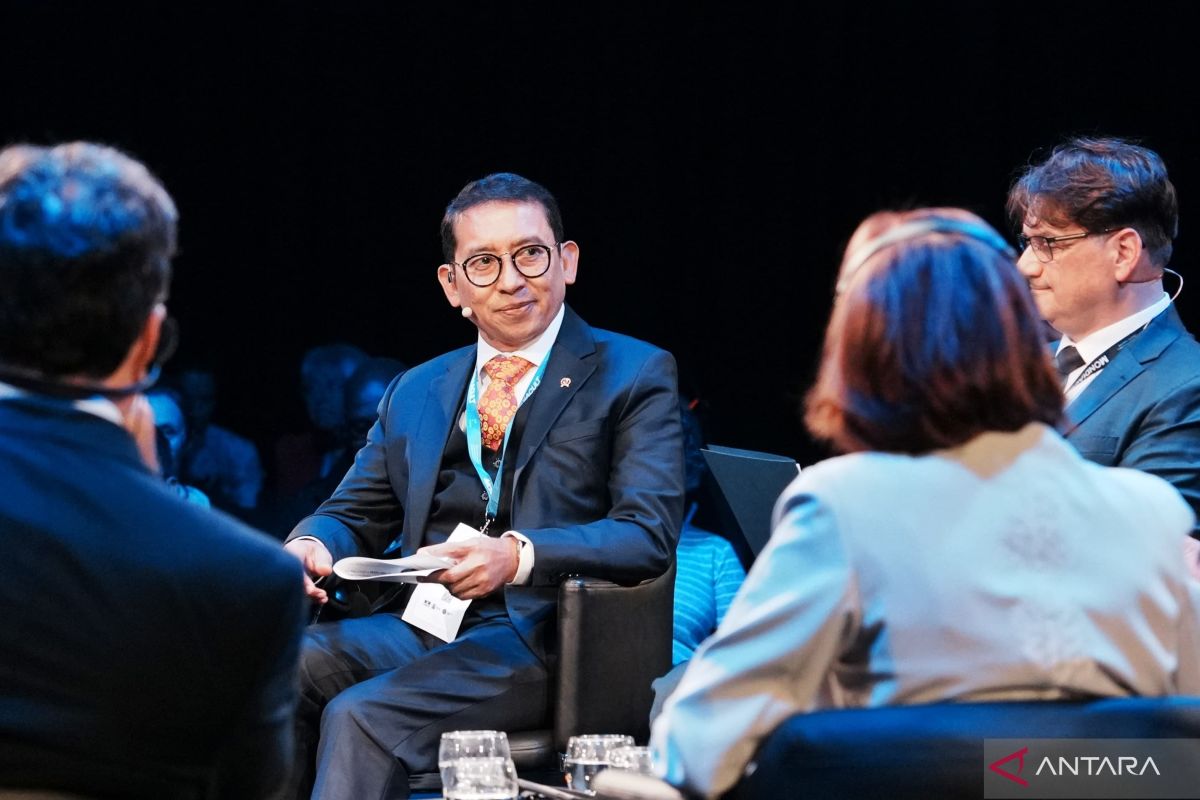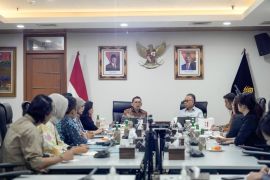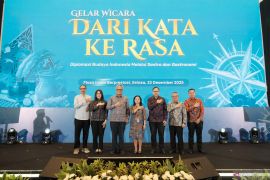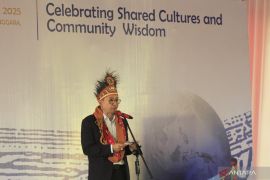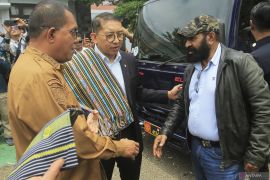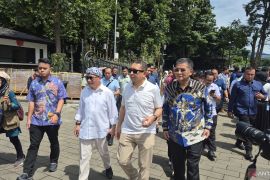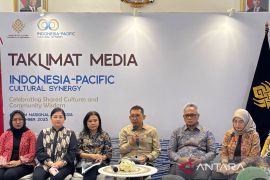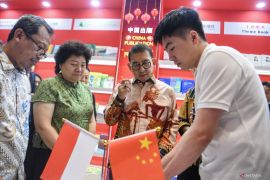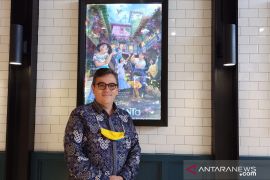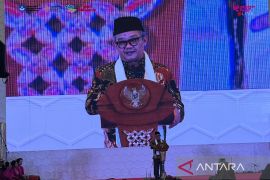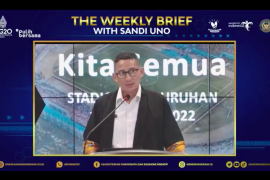“Returning historical artifacts to their country of origin is crucial for restoring national dignity and reconnecting identity with future generations,” Fadli said in a statement.
Speaking at UNESCO’s Mondiacult 2025 global cultural forum in Barcelona, he said cultural rights must be guaranteed through public access, participation and community involvement in cultural governance.
Fadli noted that Indonesia’s Constitution enshrines cultural rights, with Article 32 of the 1945 Constitution requiring the state to promote national culture within global civilization and safeguard citizens’ freedom to preserve and develop cultural values.
He also stressed the need to protect freedom of expression and promote indigenous knowledge and local wisdom.
“Cultural rights mean every individual and community has the right to access, participate in, benefit from and manage culture. Culture must not be a privilege for the few, but a living right for all,” he said.
Related news: The Netherlands to return over 28.000 early human fossils to Indonesia
On the economic front, Fadli called culture a driver of growth that generates jobs, fosters innovation and empowers society.
“Globally, cultural and creative industries contribute $4.3 trillion, or six percent of the world economy,” he said.
He added that Indonesia is developing cultural financing tools, including the Indonesiana cultural endowment fund, bilateral partnerships, co-productions and public-private partnerships for cultural infrastructure.
Indonesia’s participation in Mondiacult 2025, he said, reflects a push to strengthen cultural diplomacy.
“Indonesia brings the message that culture is both a guaranteed right and a force in the global economy. Our presence in Barcelona reaffirms Indonesia’s position as a great civilization ready to lead global cultural dialogue,” Fadli said.
Related news: Cultural repatriation vital for Indonesia-Netherlands relations: Zon
Translator: Sinta, Azis Kurmala
Editor: Rahmad Nasution
Copyright © ANTARA 2025
